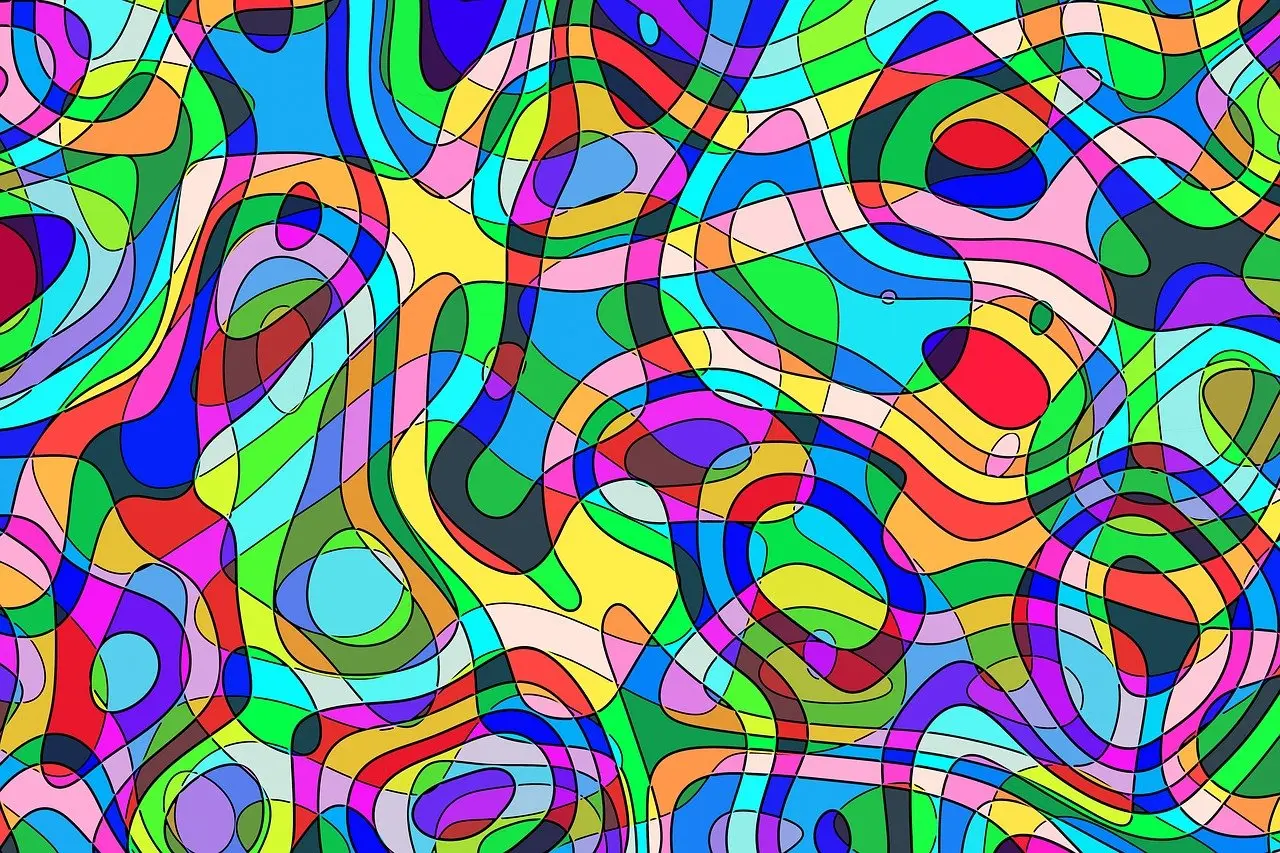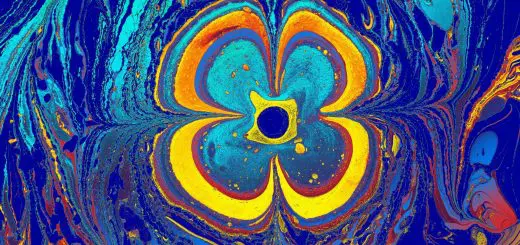Witch Doctor: Healing Through Magic

Looking for more amazing products? Check out our online store and explore our collection here! Happy shopping!
Before diving in, please note: This post is for informational purposes only. If you’d like to know more about how we approach topics, feel free to check out our friendly Disclaimer Page.
Hey there, amazing readers! 
We’re committed to delivering quality posts, and your support (even just sticking around despite the ads) means everything to us. So, bear with us, and thanks for helping us keep the good vibes rolling. Now, on to the fun stuff!
TRANSLATE BUTTON AT THE END OF THE ARTICLE
Introduction to Witch Doctor Healing Practices
Witch doctors, often shrouded in mystery and intrigue, are practitioners of ancient healing arts that rely on magic, rituals, and spiritual connections to treat ailments.
These healers have existed in various cultures around the world for centuries, using their unique skills to provide remedies for physical, mental, and spiritual afflictions.
While the term "witch doctor" may evoke images of dark magic and superstition, these healers play a vital role in many societies, offering holistic approaches to wellness that differ from conventional medicine.
History of Witch Doctors in Different Cultures
The practice of witch doctor healing can be traced back to ancient civilizations in Africa, Asia, and the Americas.
In Africa, traditional healers known as Sangomas in South Africa or Babalawos in Nigeria use herbs, incantations, and divination to diagnose and treat illnesses.
In Asia, shamans in countries like China and Indonesia perform rituals to connect with spirits and channel healing energy.
Similarly, indigenous tribes in the Americas have medicine men and women who use plants, ceremonies, and chants to heal the sick.
Despite cultural differences, the role of the witch doctor as a healer and spiritual guide remains consistent across these diverse traditions.
Beliefs and Rituals of Witch Doctor Healing
Witch doctor healing is based on the belief that illness is caused by spiritual imbalances, curses, or negative energy.
Therefore, the primary goal of the witch doctor is to restore harmony and remove obstacles that impede the body’s natural healing processes.
Rituals such as chanting, dancing, drumming, and the use of sacred objects are common in witch doctor healing sessions.
These practices are believed to create a connection to the spiritual realm and invoke powerful forces to aid in the healing process.
Types of Magic Used in Witch Doctor Healing
Magic plays a central role in witch doctor healing, with practitioners harnessing different forms of supernatural energy to facilitate healing.
Some witch doctors use sympathetic magic, where objects or rituals are used to represent the desired outcome of a healing.
Others may rely on divination techniques, such as reading the patterns of smoke or interpreting dreams, to diagnose illnesses and prescribe treatments.
Additionally, herbal remedies, potions, and incantations are often used to invoke healing energies and drive out malevolent forces causing illness.
Training and Apprenticeships for Witch Doctors
Becoming a witch doctor typically involves years of training and apprenticeship under an experienced healer.
Prospective healers learn the intricacies of herbal medicine, spiritual practices, and ritualistic healing techniques during this period.
They also develop their intuition and spiritual connection to better diagnose and treat ailments.
In some cultures, the knowledge and skills of witch doctors are passed down through generations within a family or community, ensuring the preservation of these ancient healing traditions.
Common Ailments Treated by Witch Doctors
Witch doctors are known to treat a wide range of ailments, including physical, mental, and spiritual afflictions.
Common conditions addressed by witch doctor healing include chronic pain, infertility, depression, anxiety, and spiritual possession.
These healers approach each case holistically, considering the physical, emotional, and spiritual aspects of the patient to provide comprehensive care.
By addressing the root cause of the illness rather than just the symptoms, witch doctors aim to restore balance and promote long-lasting healing.
Controversies Surrounding Witch Doctor Healing
Despite their long-standing presence in many cultures, witch doctors face controversies and skepticism from modern societies.
Critics argue that witch doctor practices lack scientific evidence and medical validation, leading to concerns about the safety and efficacy of their treatments.
Additionally, cultural appropriation and exploitation of indigenous healing practices by outsiders have raised ethical questions about the role of witch doctors in contemporary healthcare systems.
As a result, the legitimacy and acceptance of witch doctor healing remain contentious topics in the medical community.
The Role of Witch Doctors in Modern Society
In some communities, witch doctors continue to play a significant role in healthcare, offering alternative treatments and spiritual guidance to those seeking holistic healing.
While modern medicine has made great strides in treating physical ailments, the emotional and spiritual needs of patients are often overlooked.
Witch doctors fill this gap by providing personalized care that addresses the whole person, not just their symptoms.
By integrating traditional healing practices with modern medicine, witch doctors offer a unique approach to wellness that resonates with individuals seeking a more holistic healthcare experience.
Cultural Appropriation and Witch Doctor Practices
The issue of cultural appropriation has become a prominent concern in the realm of witch doctor practices, as outsiders increasingly seek to profit from indigenous healing traditions without understanding or respecting their cultural significance.
When non-indigenous individuals adopt and commercialize witch doctor rituals and remedies, it can lead to the exploitation and misrepresentation of these sacred practices.
As a result, many indigenous communities are fighting to protect their traditional knowledge and ensure that witch doctor healing remains rooted in its cultural context.
Ethical Considerations in Witch Doctor Healing
Ethical considerations play a crucial role in the practice of witch doctor healing, as healers must navigate complex issues of consent, confidentiality, and cultural sensitivity when treating patients.
It is essential for witch doctors to respect the beliefs and traditions of the communities they serve, ensuring that their practices are conducted ethically and with the utmost respect for cultural norms.
By upholding ethical standards and promoting cultural awareness, witch doctors can maintain the integrity of their healing practices and foster trust within the communities they work.
Scientific Perspectives on Witch Doctor Healing
From a scientific standpoint, the efficacy of witch doctor healing remains a subject of debate and inquiry.
While some studies have shown positive outcomes from traditional healing practices, the lack of empirical evidence and standardized protocols raises questions about the reliability and reproducibility of these treatments.
Scientists and researchers are increasingly exploring the mechanisms behind witch doctor healing, seeking to understand how spiritual beliefs, placebo effects, and mind-body interactions may contribute to the healing process.
By bridging the gap between traditional wisdom and scientific inquiry, new insights into the potential benefits of witch doctor healing may emerge.
Personal Experiences with Witch Doctor Treatment
Many individuals who have sought treatment from witch doctors report profound experiences that go beyond conventional medical care.
These personal stories often highlight the transformative power of witch doctor healing, with patients citing improvements in physical health, emotional well-being, and spiritual growth.
By receiving personalized and compassionate care from a witch doctor, individuals feel seen, heard, and supported in ways that modern medicine may not always provide.
While personal experiences vary, the common thread among those who seek out witch doctor treatment is a desire for healing that encompasses the body, mind, and spirit.
Conclusion
In conclusion, witch doctor healing practices offer a unique and holistic approach to wellness that has been passed down through generations in various cultures.
Despite controversies and skepticism, witch doctors continue to play a vital role in healthcare, providing personalized care that addresses the physical, emotional, and spiritual needs of patients.
By upholding ethical standards, respecting cultural traditions, and integrating with modern medicine, witch doctors can contribute valuable insights to the ever-evolving landscape of healthcare.
As we navigate the complexities of healing in the modern world, the wisdom and traditions of witch doctors offer a compelling alternative for those seeking more than just conventional medical treatments.

The Enlightenment Journey is a remarkable collection of writings authored by a distinguished group of experts in the fields of spirituality, new age, and esoteric knowledge.
This anthology features a diverse assembly of well-experienced authors who bring their profound insights and credible perspectives to the forefront.
Each contributor possesses a wealth of knowledge and wisdom, making them authorities in their respective domains.
Together, they offer readers a transformative journey into the realms of spiritual growth, self-discovery, and esoteric enlightenment.
The Enlightenment Journey is a testament to the collective expertise of these luminaries, providing readers with a rich tapestry of ideas and information to illuminate their spiritual path.
Our Diverse Expertise
While our primary focus is on spirituality and esotericism, we are equally passionate about exploring a wide range of other topics and niches 

To ensure we provide the most accurate and valuable insights, we collaborate with trusted experts in their respective domains 
Our blog originally focused on spirituality and metaphysics, but we’ve since expanded to cover a wide range of niches. Don’t worry—we continue to publish a lot of articles on spirituality! Frequently visit our blog to explore our diverse content and stay tuned for more insightful reads.
Hey there, amazing reader! 
Check out our store here and take a peek at some of our featured products below! Thanks for being awesome!












